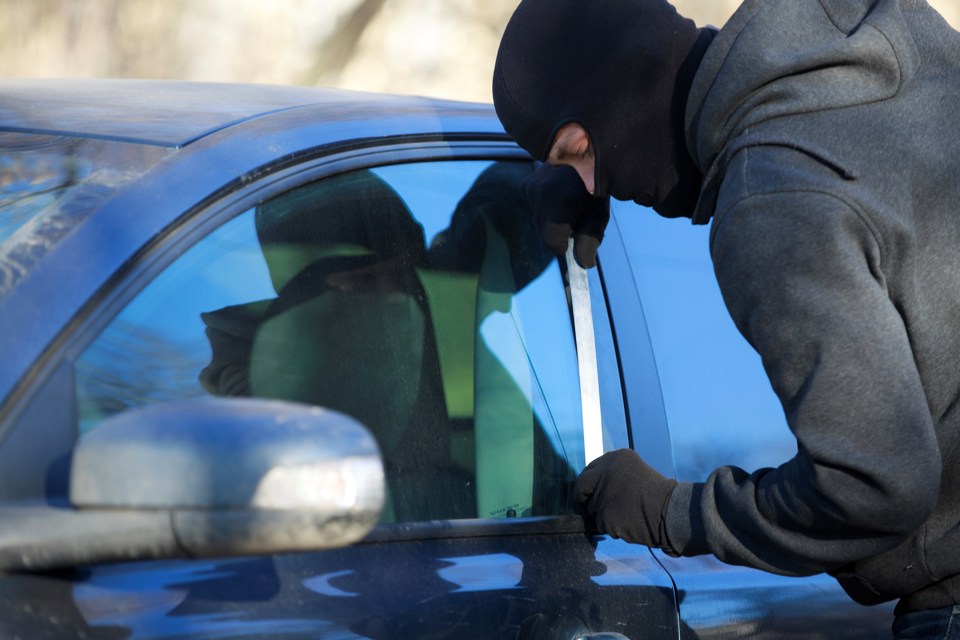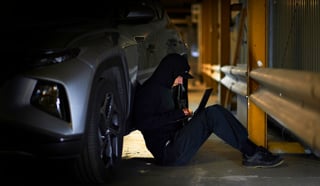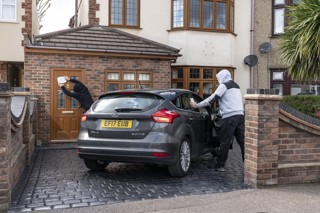One tenth of all stolen vehicles are company owned, according to new data from APU.
Based on data recorded over a six-year period from 43 of the 45 UK police forces, it is estimated that there were 565,000 cases of vehicle theft and taking without consent (TWOC), with a total of 61,000 or 10.8% involving commercially-owned vehicles.
Cases of theft and TWOC with an aggravating factor were more likely to affect private individuals than businesses, though the data also revealed a further 30,000 of these cases, with 2,200 (7.3%) of these linked to business owners.
Likewise, 5.4% of the 106,000 car key burglaries – some 5,700 over the studied period – affected company vehicles.
These statistics indicate that 61,000 commercially-owned vehicles were stolen over the six-year timescale, approximately 11,200 per year.
An examination of vehicle recovery highlighted that almost half of these are unlikely to be returned. The average recovery rate was 49.6%, leaving the status of over half of stolen vehicles unknown.
For businesses, this means a potential loss of 5,600 vehicles per year. According to BCA, the average value of a used fleet vehicle in 2014 was £9,455 which indicates a total monetary loss of £52.9m.
Further concern is fuelled by police attendance rates as some 52% of crimes in 2013 were classed as “investigation complete, no suspect identified” while approximately a quarter of vehicle theft crimes were not even attended by police, meaning half of the vehicles lost each year may never have been investigated.
Neil Thomas, Head of Investigative Services at APU said: “This comprehensive study shows that vehicle crime remains a very real and very expensive threat to businesses.
“Criminals are using increasingly sophisticated methods to target high-value and prestige vehicles; the latest models with the most up-to-date security provisions are by no means immune.
“The monetary value of the lost vehicles can only be described as the tip of the iceberg, as many recovered vehicles are found damaged or burnt out and subsequently written off. In reality, the loss figure is likely to be higher still.
“Increasing pressure on police forces in the form of budget cuts and overstretched resources means not enough time can be dedicated to the retrieval of these stolen vehicles.
“Part of the problem is that the police often consider that, if the stolen car belongs to a business rather than the private individual, it is a ‘civil crime’.
“This is further evidence that there needs to be greater cooperation between police, insurance firms, law enforcement agencies and private companies if valuable assets are to be protected.”




















Login to comment
Comments
No comments have been made yet.